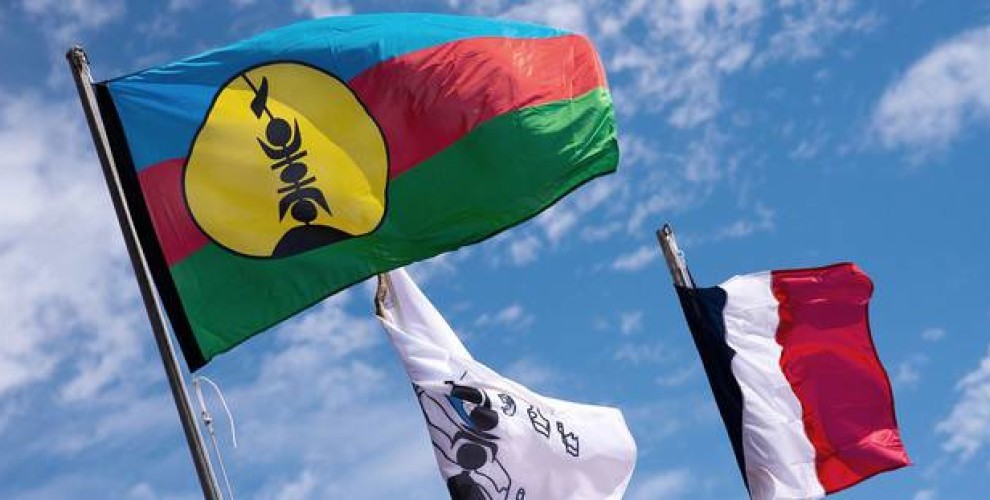What the chances for New Caledonia to gain independence?
A colony, or a special collectivity of France, from which is 20,000 km away, is about to vote in a historic referendum which could “throw off colonising power France”.
A colony, or a special collectivity of France, from which is 20,000 km away, is about to vote in a historic referendum which could “throw off colonising power France”.

New Caledonia, this remote island in the Southwest Pacific Ocean, some 1,210 Km east of Australia, rarely features in the news.
A colony, or a special collectivity of France, from which is 20,000 km away, is about to vote in a historic referendum which could “throw off colonising power France”.
The referendum will be held on 4 November. A fairly interesting insight on the political situation in New Caledonia was given by a film directed, produced, co-written, co-edited by and starring Mathieu Kassovitz. The film, L’ordre et la Morale (in English, Rebellion), was one of the few attempts to deal with French colonising policy.
The film tells of a specific incident in the ‘1980s when the pro-independence sentiment led to unrest and prompted a heavy handed response by France.
Daniel Goa, spokesperson for the independence movement Front de Libération Nationale Kanak et Socialiste (FLNKS), said in a recent trip to Australia that New Caledonian independence from France was inevitable and a “question of dignity” for the nation’s indigenous Kanak people.
“For us it’s just a question of time, and you know that time in Oceania is measured differently,” Goa said in a speech to the Lowy Institute in Sydney.
The referendum will be asking long-term residents of the Pacific island whether they want it to become independent from France.
“This date is of capital importance and historic for the Kanak people, because it brings to an end 164 years of uninterrupted struggle for our people,” said Goa.
If successful, FLNKS has proposed the newly formed country might be called Kanaky Nouvelle-Caledonie (Kanak New Caledonia) and has suggested it also adopt FLNKS flag in place of the French flag.
“Internationally we’ll ensure our sovereignty is recognised and we’ll apply for membership of the UN,” said Goa.
Support for independence is split largely along ethnic lines, with indigenous Kanaks in favour and those of European origin opposed. Polls conducted in May suggested the no vote will win, though there is a significant proportion of the population still undecided.
Goa called the referendum a “question of dignity”, saying: “As long as a single Kanak person is standing, he will fight for his freedom. That should tell you the importance of this day, and the symbolism of this referendum.”
If this referendum fails the New Caledonian people will be allowed to hold two further referenda on the question of independence: one in 2020, and if that is unsuccessful, another in 2023.
If successful the FLNKS would like to dismantle the current economic system, which Goa called the “French system”, saying it was “based on an economy of exploitation”.
“We will take back control of our natural resources and our key sectors, currently controlled by French multinational companies, to ensure a more equitable distribution of wealth by exploiting our main resource, nickel, from which we only draw salaries at the moment”, he explained,
New Caledonia holds about a quarter of the world’s nickel deposits.
Goa said of French President Emmanuel Macron, who visited New Caledonia in May: “after 164 years of colonisation he recognised that New Caledonia was a jewel”.